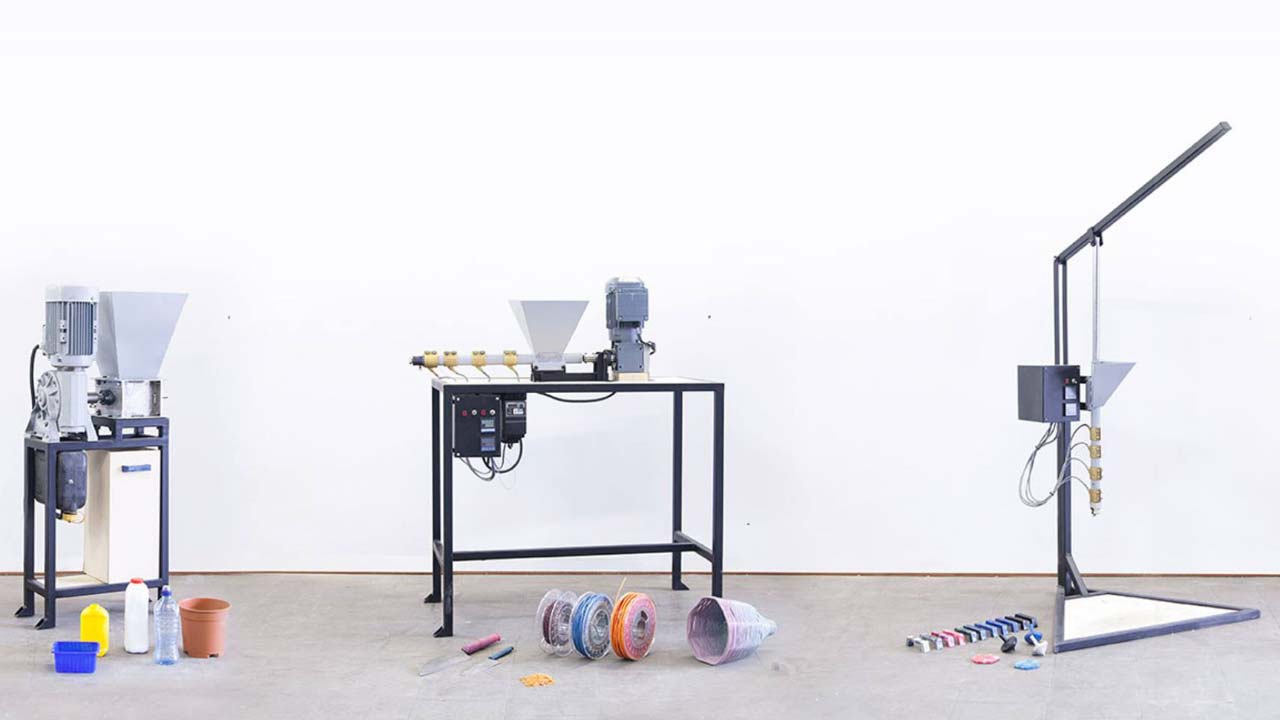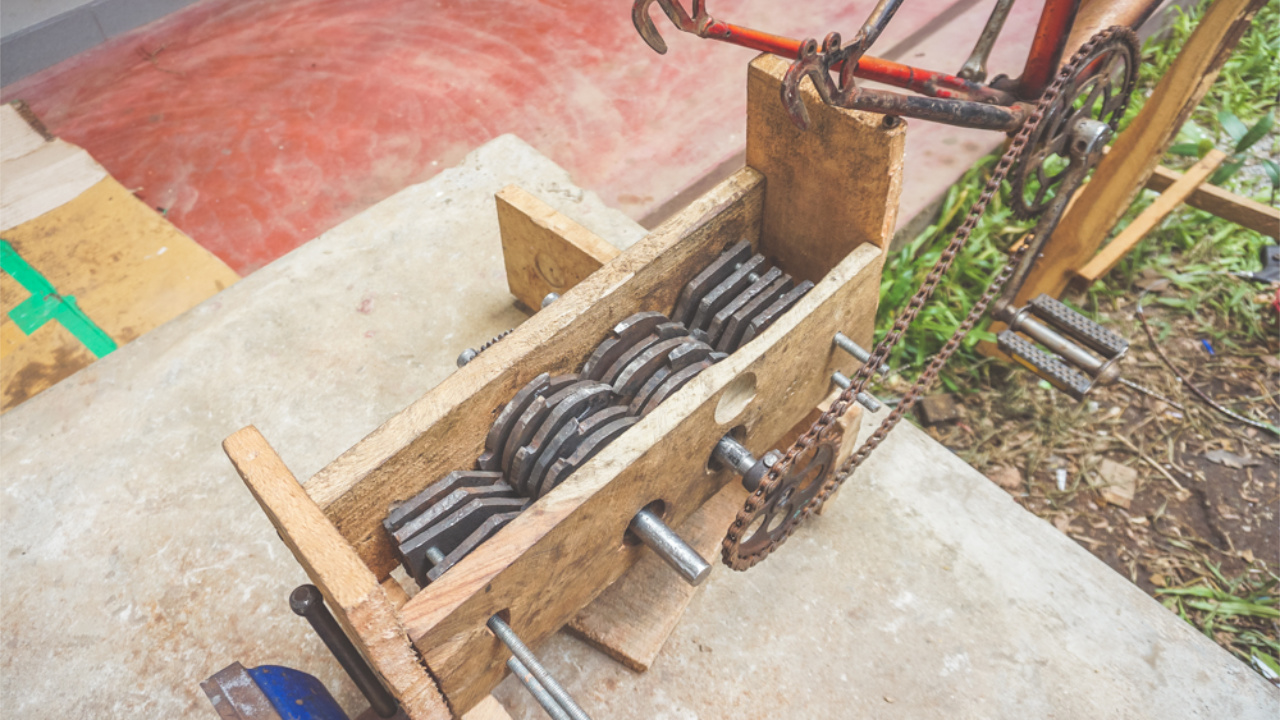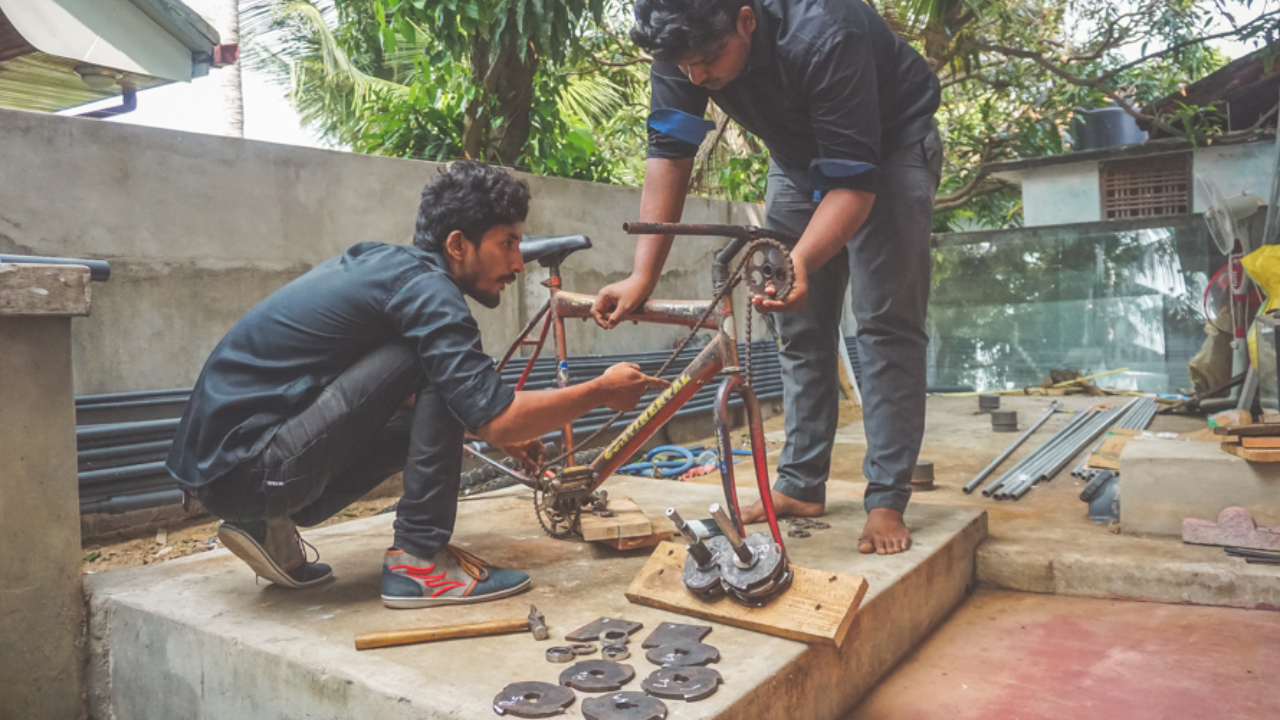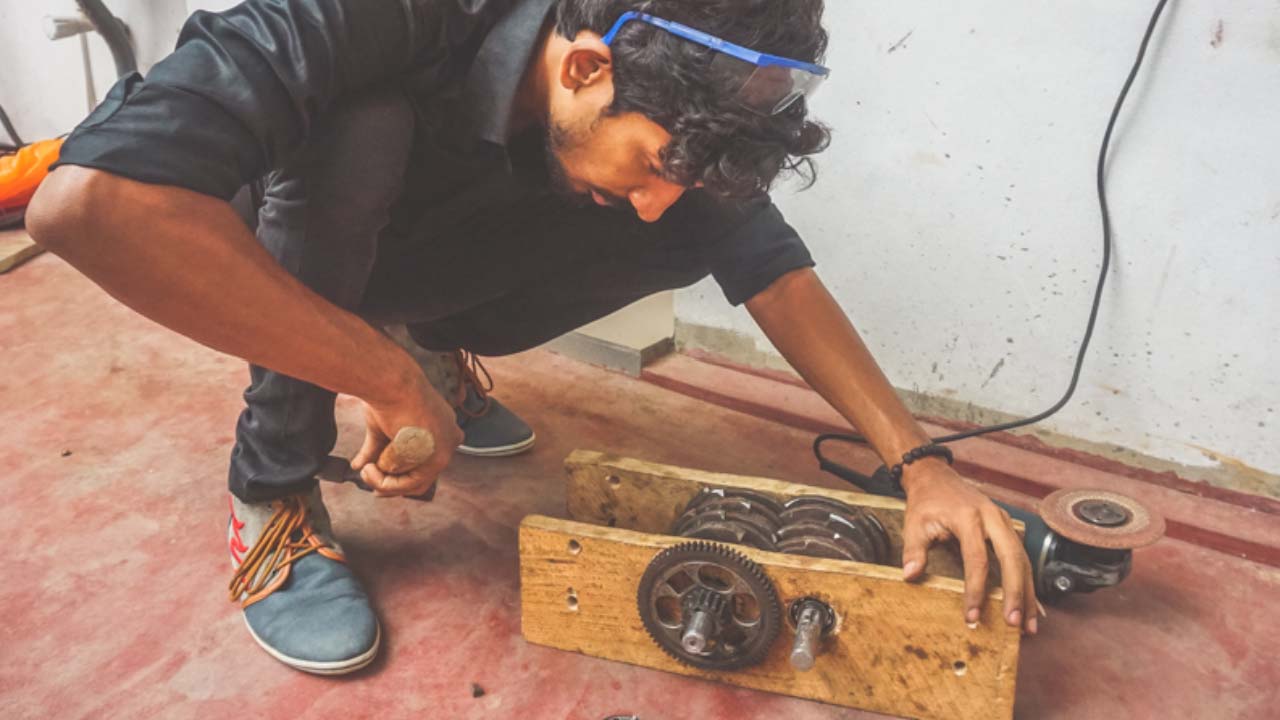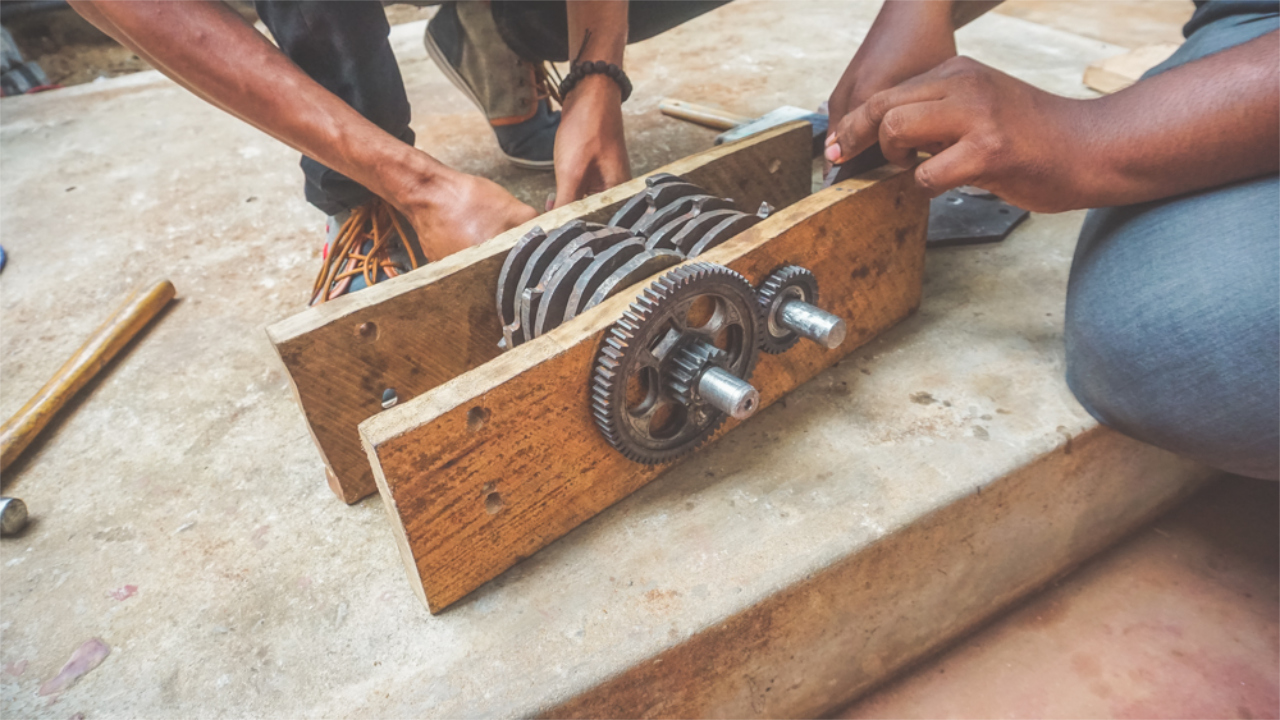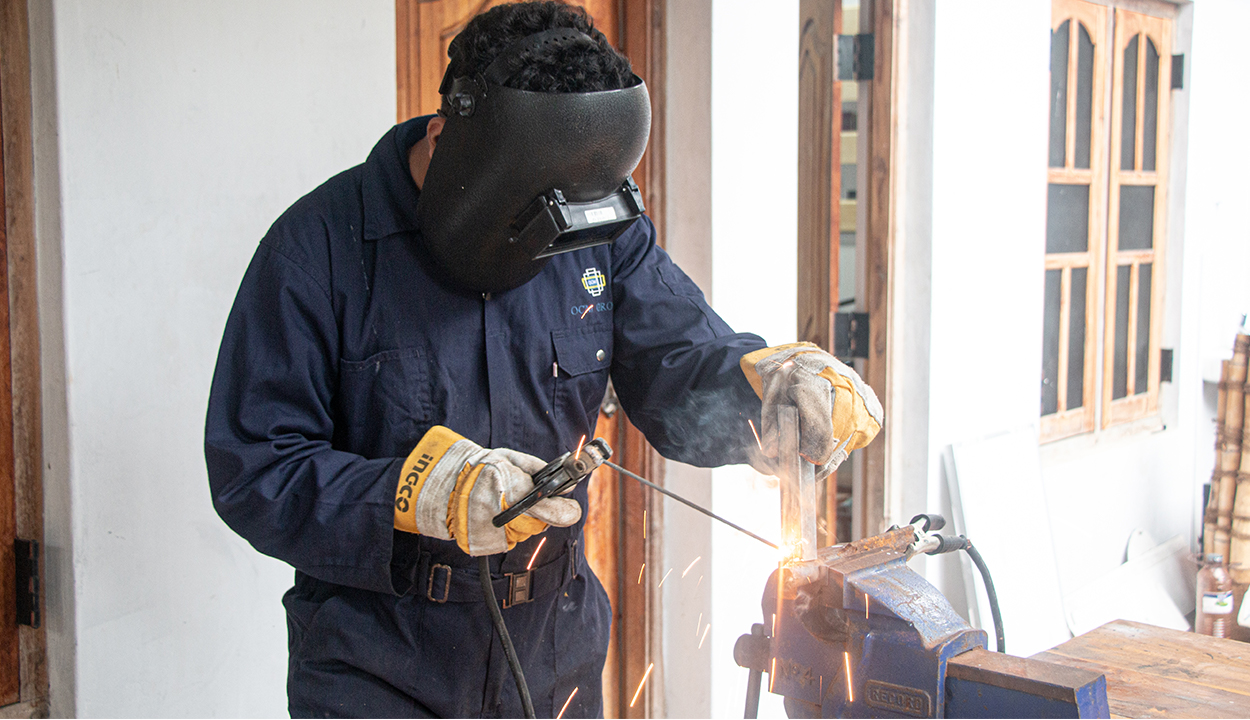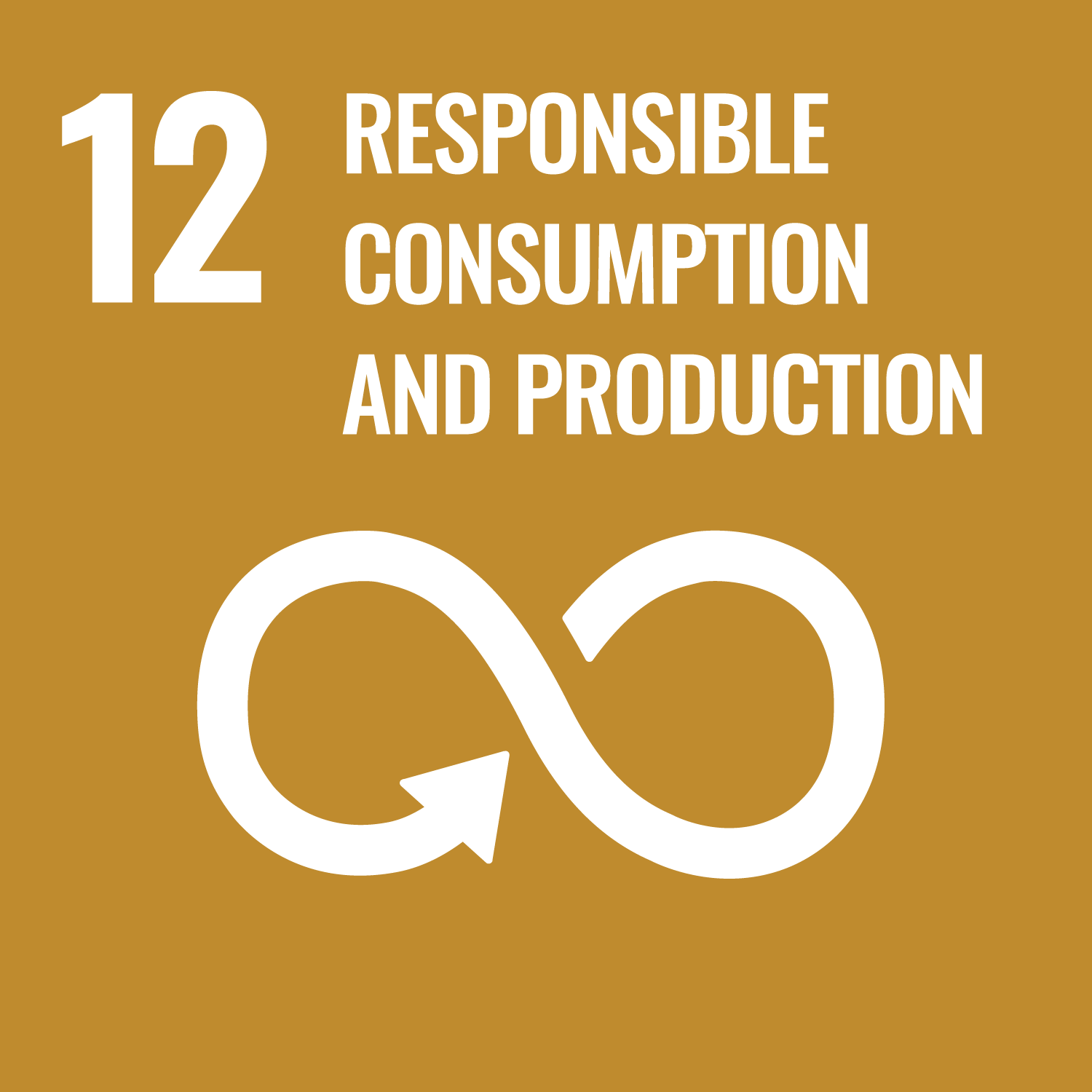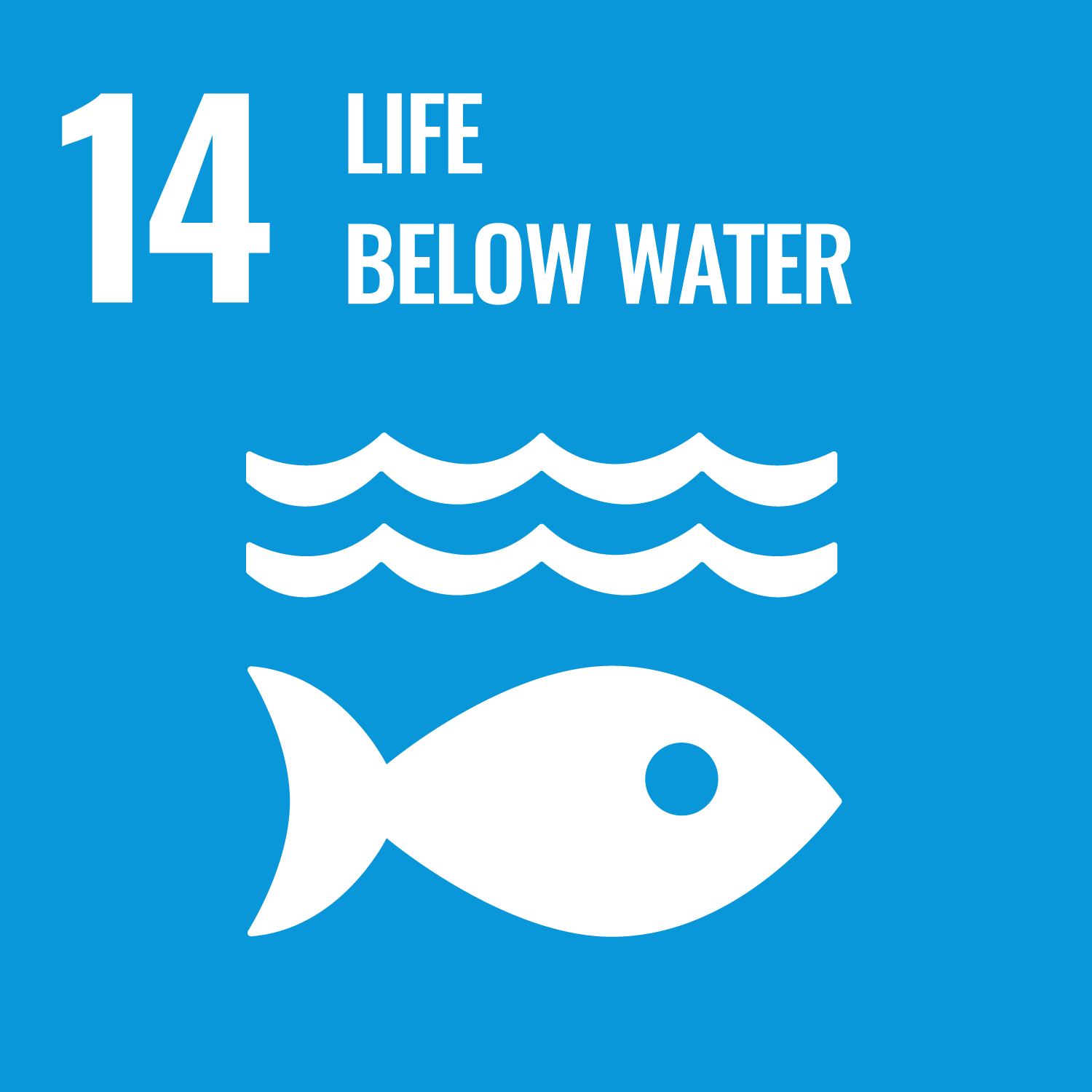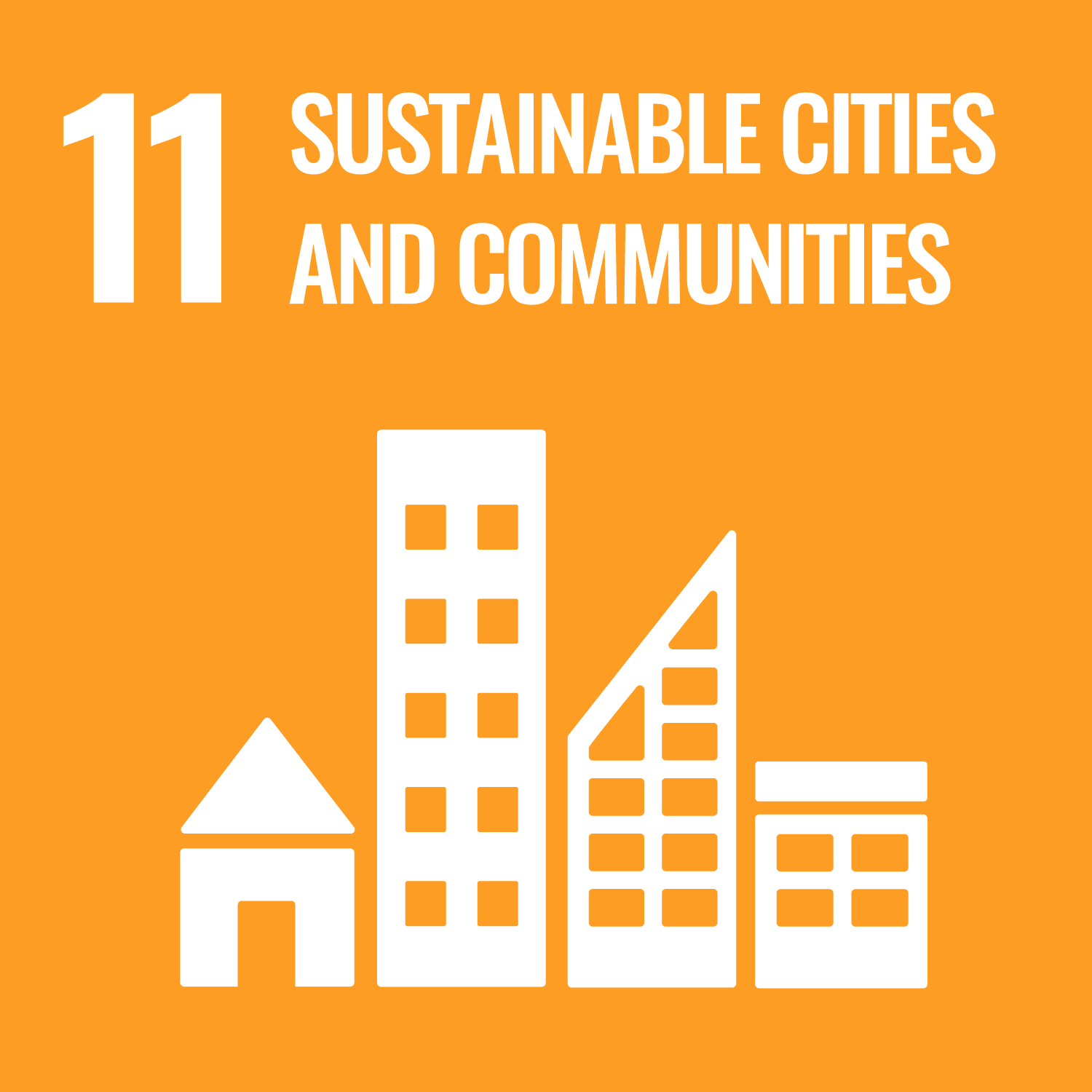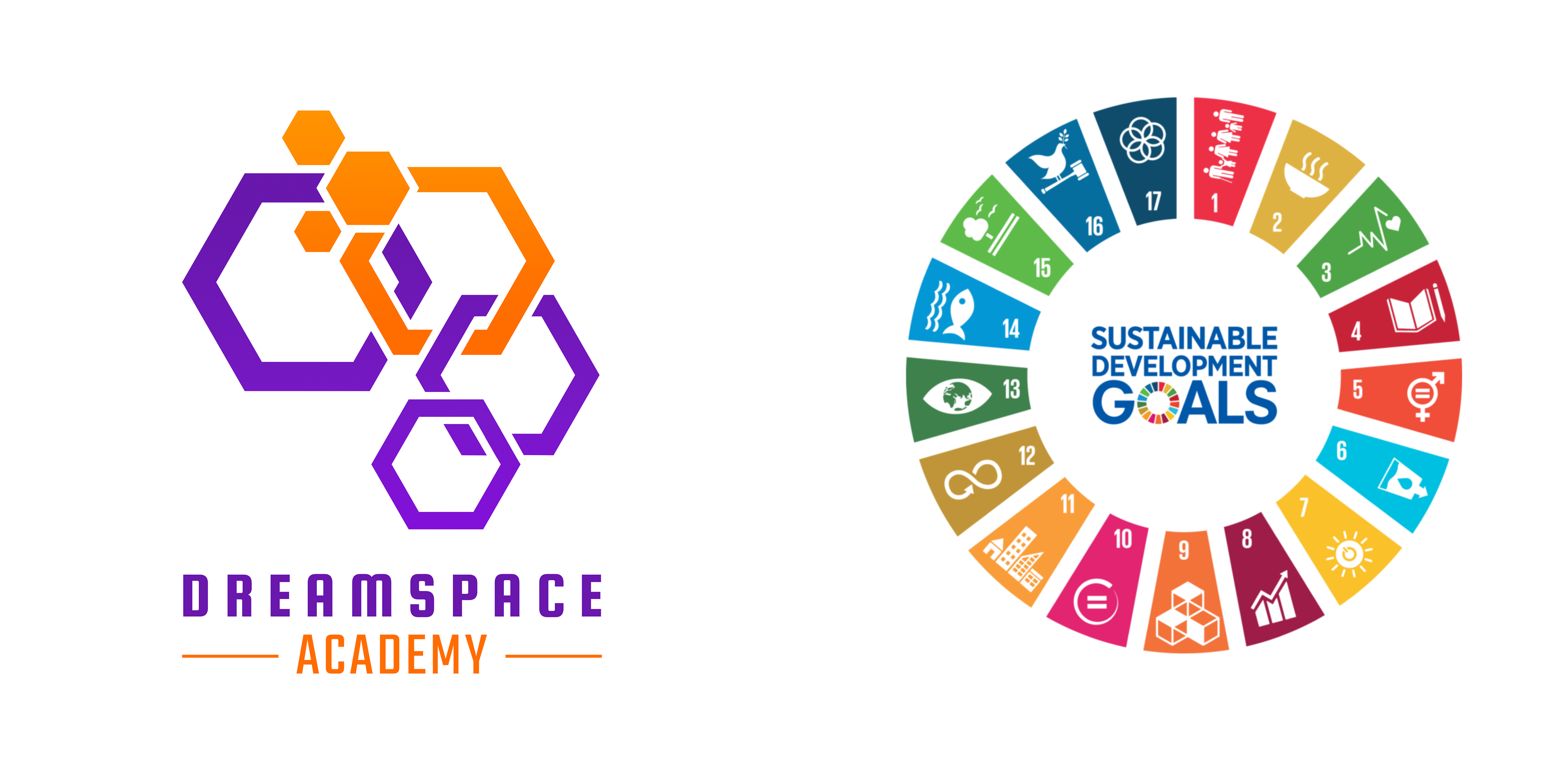Motivation
Sri Lanka: A great ocean polluter with plastics
According to the earthday.org, Sri Lanka is placed as the 5th largest plastic polluter in the world among countries such as China, Indonesia, the Philippines, and Vietnam. We waste more than 5 Million kg of plastic, per day, despite not being one of the world’s largest consumers of plastic.
For many people in Sri Lanka, we’re just happy to litter wherever we are and with no concern about the environment or potential impacts to wildlife. You only need to walk on a beach or see the aftermath of a party or other public gathering in Sri Lanka to understand the scope of the problem.
[more]Marine diversity in Sri Lanka
Sri Lanka, as an island nation with a coastline of 1,585 kilometres,is home to a rich and diverse marine life. But little is known about the vast array of species that inhabit our waters or about the marine habitats that these species inhabit.
Through this calendar, IUCN Sri Lanka particularly aims to create a better understanding and awareness on the importance and threats facing a selection of Sri Lanka’s marine species.
[more]Problem
Ocean Water Contamination
Plastic Waste is a massive problem. The Ellen MacArthur Foundation predicts that by 2040 there will be more plastic in our oceans than fish. Plastic waste is causing toxins to enter our ecosystems - damaging humans and animals. Unfortunately, many people are not aware of the plastic waste problem, and when they are aware of it, they feel powerless about what to do about it. We want to increase public awareness about the plastic waste problem by turning post-consumer plastic into cool durable products.
Solid Waste Management
Waste management has become a huge challenge for countries worldwide due to the vast amounts of waste produced from modern consumption. Unfortunately, most of this waste ends up in landfills, burned, or even worse - in the environment or the ocean. Unfortunately, the use of plastic in single-use packaging has significantly increased over the last 20 years. Plastic waste is especially an issue because of the long time it takes to degrade. The construction industry is known to be one of the biggest producers of landfilled waste. According to the Journal of Construction Engineering and Management, approximately 26% of landfills are occupied with construction waste. The question is - how can we push the construction and design industry to move towards more sustainable options and solutions?
Solution
Circular Plastic
Precious Plastic shows the world an incredible opportunity of plastic waste in order to eliminate plastic pollution, reducing the demand for new virgin plastic and closing its materials loop while creating better livelihoods for people around the world. Precious Plastic is a cultural tool to change the way society perceives plastic. All plastic laying around you is a resource, not waste. It is a material with great potential, left intact all around the world and if processed correctly, can become something new and valuable. This resource can become a source of income or an educational tool for your community, at the same time making sure it doesn’t enter our environment.
They have created machines, documentation, video tutorials, campaigns and a platform to empower people across the planet to start working with plastic waste locally while trying to decentralise and localise plastic recycling technologies, infrastructures and knowledge by providing open-source designs for machines, moulds and consumer products, as well as business models and tools for you to set up and run a workspace.They share everything open source for anyone to benefit from. This means that all the knowledge, know-how, processes, methodologies and tools are available online, for free at all times. This open source philosophy is at the core of Precious Plastic and shapes most decisions within their team. They believe that collaboration is stronger than competition and that the plastic problem can only be solved collectively.
Circular Plastic collaborated with the precious plastic to develop and accommodate the open source system into the Sri Lanka local environment. We have a working community for this project from different backgrounds to develop multi disciplinary and dimension projects. We developed a Social business model to assure the sustainability of the project.
[more]Maker
Jayanthan Amalanathan is a 23-year-old community worker. He is a mechatronic undergraduate of Uva Wellassa University Sri Lanka. He is working as a part-time employee at DreamSpace academy as a guardian of the mechanical and electronic lab. He is passionate about tackling socio, economical and environmental challenges with his expertise in Mechanical and Electronic engineering through Social Innovation and Social entrepreneurship.
He has done research related to Climate Change, Waste management, Water resource management and agriculture and published papers in National and International conferences. He presented "Optimizing effective use over the current practice of waste management in Srilanka and its impact on Climate Change" in the International Climate Change Conference (ICCC). He is a Gold awardee of Duke of Edinburgh International award programme. He won ASU Watson Sustainability Solution Awards of Arizona State University and the winner in the National Science Research project competition conducted by the national science foundation under the Ministry of Research and Technology.
This innovation collects SDG Badges of
-
Sustainable Consumption and Production
UN SDG 12
Reduce waste generation through prevention, reduction, recycling and reuse
-
Life Below Water
UN SDG 14
Prevent and significantly reduce marine pollution of all kinds.
-
Sustainable Cities and Communities
UN SDG 11
Paying special attention to municipal and other waste management

